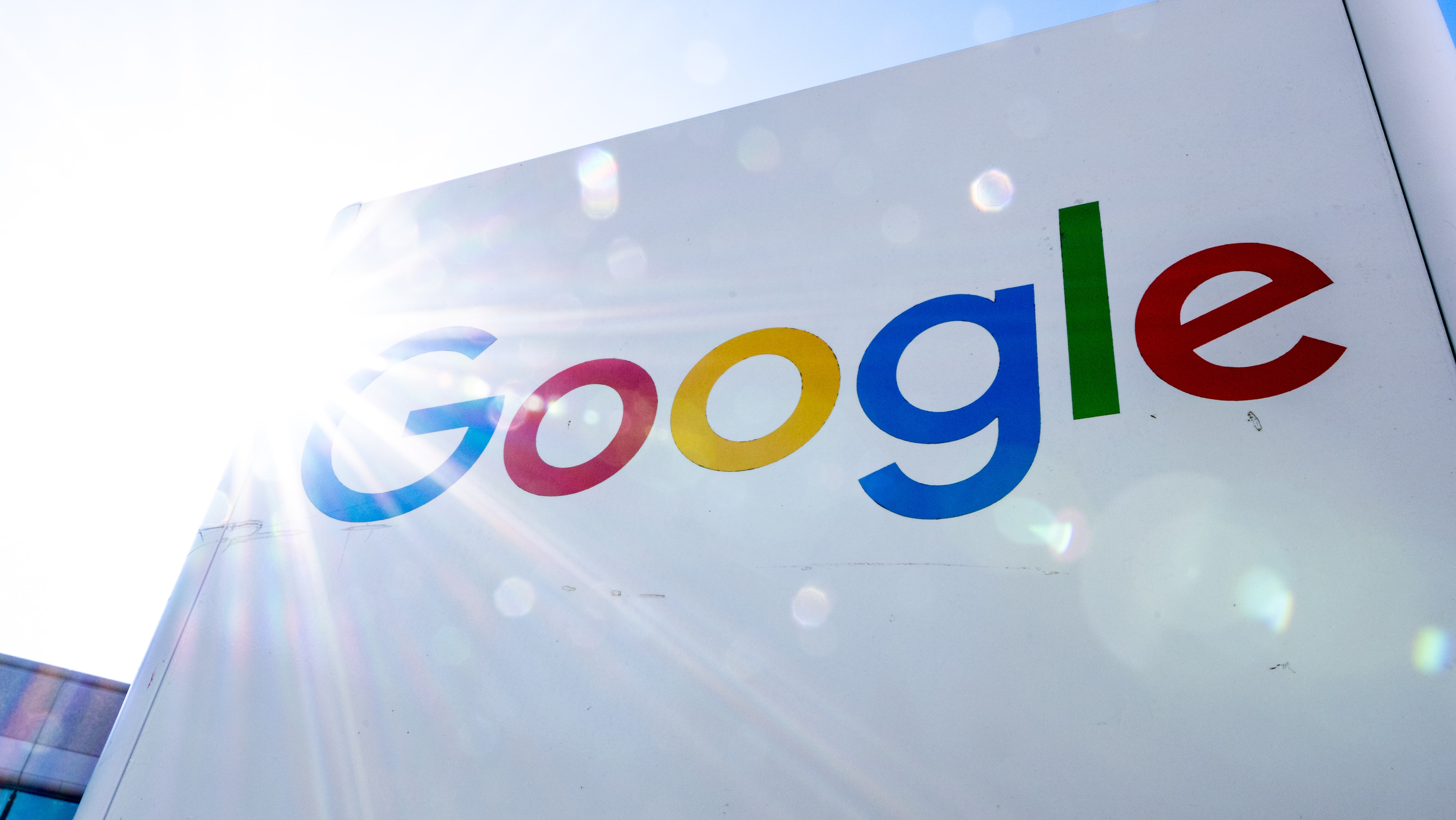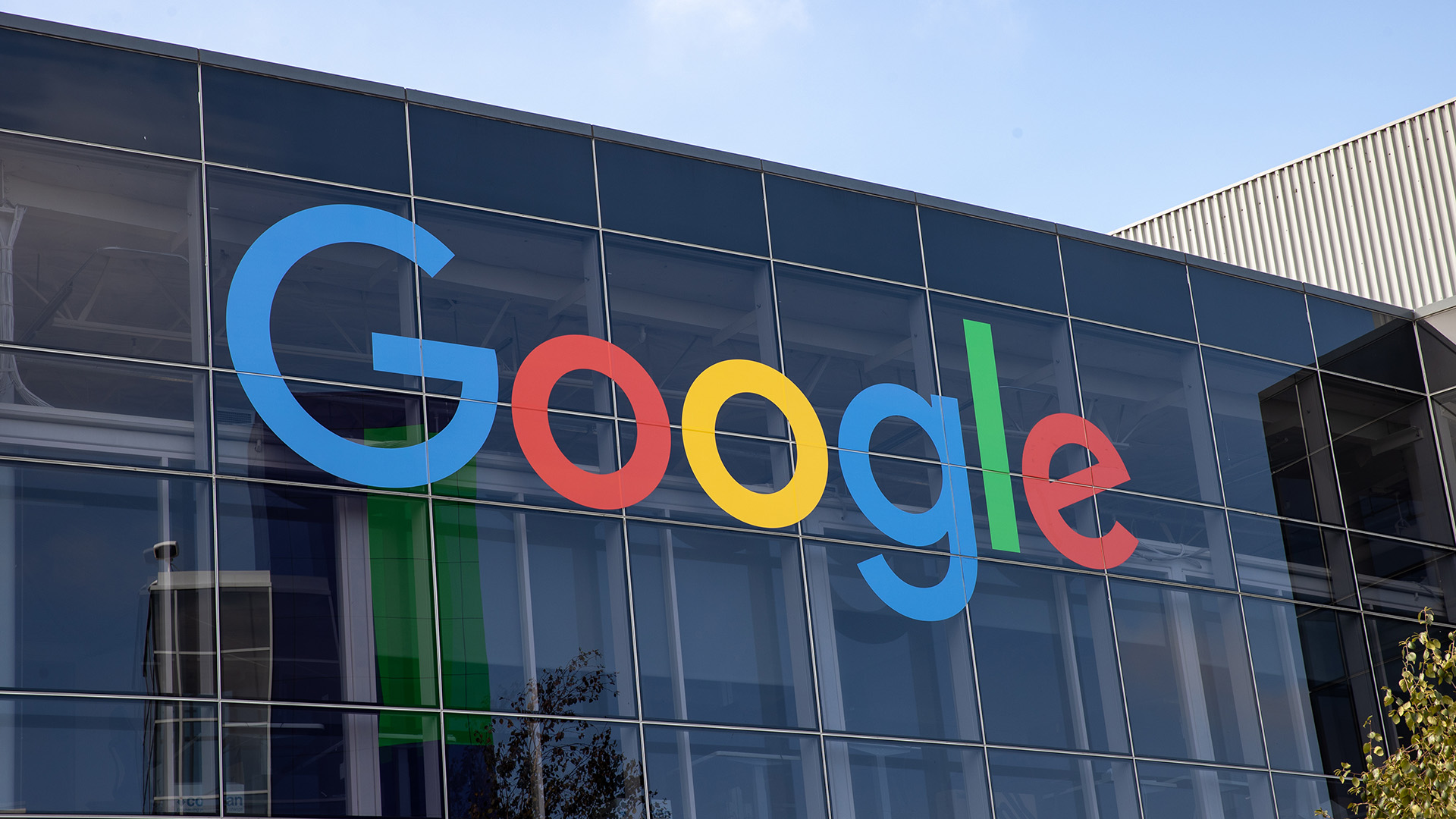
These include measures for data transparency around AI and 'fair ranking principles'.
Google has had a weird couple of years. In the US, it is being pushed to divest the Chrome browser and to break up its ad-tech platform. In the UK, things aren’t going that much better, as the Competition and Markets Authority (CMA) is looking to introduce “targeted measures to address specific aspects of how Google operates”.
As spotted by the BBC, the CMA recently published its findings, following its initial investigation into Google this January. Noting that “Google search accounts for more than 90% of all general search queries in the UK”, the report pays particular attention to the 200,000 businesses in the UK reliant on said search.
The CMA claims its report is interested in promoting growth and competition whilst also “protecting UK consumers and businesses from unfair or harmful practices”. It is an attempt to designate Google with Strategic Market Status (SMS)
An SMS, as described by Will Hayter, the Executive Director for Digital Markets, is a “possible designation that can be attached to a particular company when it has substantial and entrenched power and a position of strategic significance in respect of a digital activity in the UK.” As a result, the UK government can step in to make changes to how it operates to facilitate competition among partners.
The central arguments made by the CMA are a push to require “choice screens to help people easily select and switch between search services”, alongside transparency around the ranking of search results. It also argues for companies to have recourse if they believe they are being unfairly ranked in Google search.
As well as these measures, the proposal argues that digital publishers should have greater transparency over how tools like Google’s AI services (AI assistant and AI overview) pull their data, how it’s attributed, and more. Fundamentally, these changes, if implemented, will significantly impact how Google functions in the UK.
Sarah Cardell, the Chief Executive of the CMA, says, “These targeted and proportionate actions would give UK businesses and consumers more choice and control over how they interact with Google’s search services”.
The CMA has published its current findings whilst encouraging “views on its proposed designation decision and accompanying roadmap”. It will make a final decision on SMS designation by its deadline on October 13.
It also claims, through its investigation, that “Google may not consistently provide fair search ranking and is able to rapidly (and with limited transparency over when or why) introduce changes to ranking.” It asserts that Google’s deals for default browser status with companies like Apple and Samsung have given it an advantage that makes it hard for competitors to keep up. Will Hayter has argued, in digital markets, “it’s absolutely vital that they [companies] operate in as competitive and as open a way as possible”
Speaking to The Register, a spokesperson for Google said “the positive impact of Google Search on the UK is undeniable” and that “this announcement presents clear challenges to critical areas of our business in the UK”. The spokesperson continues, “We’re concerned that the scope of the CMA’s considerations remains broad and unfocused, with a range of interventions being considered before any evidence has been provided”.
It is worth noting that SMS designation does not imply wrongdoing, and Cardell said in their investigation, “Google search has delivered tremendous benefits”.
This is not the first time CMA has crossed the PC Gamer news desk. Back in 2022, the CMA investigated both Google and Apple for alleged cloud gaming dominance (RIP Google Stadia). As well as this, the CMA initially blocked Microsoft $68.7B deal with Activision Blizzard in 2023. The CMA previously objected to Google’s ad tech late last year, too. Google has been in the CMA’s sights for some time, and we’ll have to wait until October to see how this specific proposal shapes out.






